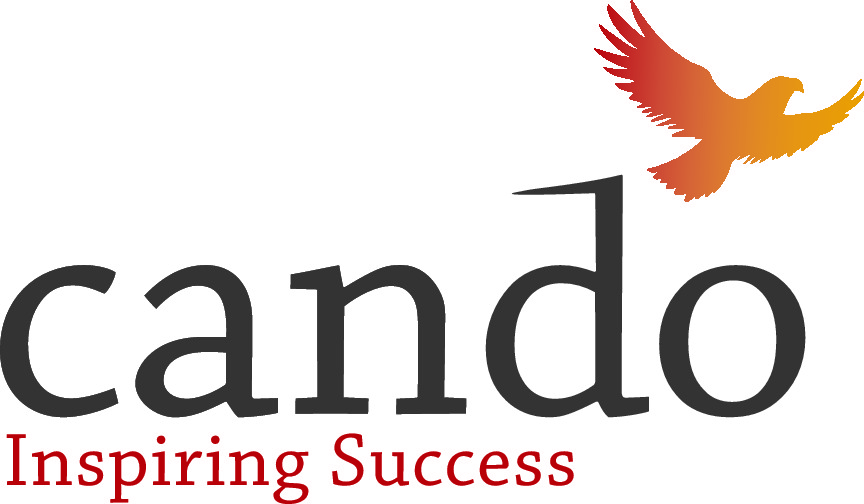Call for Papers: A Special Issue on Muiwatmnej Etuaptmumk: “Two-eyed seeing from vision to action”
Call for Papers
Special Issue on
Muiwatmnej Etuaptmumk: “Two-eyed seeing from vision to action”
Volume 15, Issue 1, Spring of 2025
This special issue was inspired by a conference held in Membertou, Nova Scotia in the fall of 2023. The conference, Muiwatmnej Etuaptmumk: “Two-eyed seeing from vision to action,” was organized by the Bras d’Or Lakes Collaborative Planning Initiative (the CEPI). The CEPI was formed in 2005 with an intention to address environmental policy gaps. CEPI adopted a guiding principle of Etuaptmumk, a Mi’kmaw word translated to “Two-Eyed Seeing.” (www.brasdorCEPI.ca ). Today, in 2024, many academics and practitioners are familiar with the pedagogical approach developed locally to teach integrative sciences (Hatcher, Bartlett, Marshall, and Marshall, 2009). It is an approach that weaves between western and Indigenous knowledge systems to create space for collaborative co-learning across different ontologies and epistemologies (Bartlett, Marshall, & Marshall, 2012; Denny & Fanning, 2016). However, when the CEPI was formed in 2004, Indigenous-settler social dynamics and political relations in Unama’ki/Cape Breton were strained. Legal decisions were legitimating Mi’kmaw inherent rights and challenging Canadian federal policies, and forcing social and economic change. At the same time, narratives of environmental advocacy and throughout the region, trust in government policy were low (Campbell, 2002; University College of Cape Breton, 1995). Thus, the Bras d’Or Lakes CEPI arose in response to a request by the Cape Breton First Nations Chiefs in 2003.
The CEPI was formed with an intention to work through the social and interjurisdictional tensions to develop an overall environmental management plan for the Bras d’Or lakes and watershed. They adopted a guiding principle of Etuaptmumk- a Mi’kmaw word roughly translated to “Two-Eyed Seeing” - in the process. The vision for the CEPI was “To lead a unique collaboration of partners that incorporates both traditional Mi’kmaw and western perspectives in order to foster a healthy and productive Bras d’Or Lakes Watershed ecosystem (Bras d’Or Lakes CEPI, 2011, p. 3).” Since its formation, the Bras d’or CEPI has continued to regularly host meetings and workshops with government partners from four levels of government – First Nations, Federal, Provincial and Municipal - together, with the broader community to regularly exchange information and stories in order to foster collaborative co-learning relationships.
Although, the Bras d’Or Lakes CEPI is especially concerned with fostering collaboration between Indigenous and settler-colonial governments who share responsibility for the Petupas/Bras d’Or Lakes watershed, the 2024 conference theme "Muiwatmnej Etuaptmumk,” was a response to the urgent call of Elder Albert Marshall to move beyond just talking about Two-eyed Seeing to explore how it is and can continue to be enacted in practice as collaborative co-learning. It was an historic moment for Unama’ki / Cape Breton and for Dr. Elder Albert Marshall and Dr. Cheryl Bartlett, whose vision to bring both traditional and modern perspectives to solving the challenges of today, has been embraced globally.
The event was a resounding success by multiple measures. Chaired by the Honourable Mr. Daniel Christmas, the conference showcased enlightening presentations and discussions focusing on the integration of Indigenous and Western ways of knowing. The 3-day conference invited participants to share the ways they activate Etuaptmumk/Two-eyed Seeing in their daily lives at work and in community. This event reinforced co-learning dialogues and action, inspiring participants to integrate the principles of Two-Eyed Seeing in their professional and personal lives, and the main hall program was simultaneously translated into the Mi’kmaq language. One attendee described the experience as “enormously provocative.” It is a beacon of hope and a call to action for all those committed to a harmonious and sustainable future.
This call for papers in the Journal of Aboriginal Economic Development builds on the positive response to the conference theme. We seek to share the work of scholars, communities of interest, both Indigenous and non-Indigenous who are engaged in the active exploration of applications with Two-Eyed Seeing. We invite everyone who participated in the conference to submit your work to be published in the special issue. Further if you wish to share your reflections post-conference, you can email Marybeth_doucette@cbu.ca .
We also wish to extend the dialogue beyond the conference network to those who wish to share their experiences and research using Etuaptmumk/Two-Eyed Seeing as a guiding principle for your work. We have a particular interest in examples that are relevant to the multiple CEPI on-going lines of research and engagement in industrial areas of economic development.
- Applied models of collaborative co-governance
- Indigenous led and collaborative efforts in sustainable tourism
- Two-eyed seeing and co-learning for interdisciplinary education
- Economic development impacts on natural resources and the environment
- Inter-generational engagement community based participatory research
- Social work, mental health, and health and wellness programming
- Arts, fine arts, music, and culture
We accept diverse presentations, papers, reports of research in progress, audio, artistic or visual outcomes, interviews with Elders or community knowledge holders, poetry, stories, research, experiential learning, book or dissertation reviews, community service learning and other forms of scholarship of engagement. An on-line link will be provided beyond the paper and on-line journal to support the platform of visual or audio submissions.
Please submit your expression of interest in the form of a 200-word abstract by Friday, April 15th, 2024. Your abstract can be inserted in the text of your email or as an attachment.
The deadline for receipt of full manuscript submissions for Volume 15, Issue 1 is August 30, 2024. For submission guidelines, please consult our website at jaed.ca. Inquiries can be made to jaed@edo.ca or to Svitlana Konoval at Cando by phone at 1-800-463-9300 x 231.



